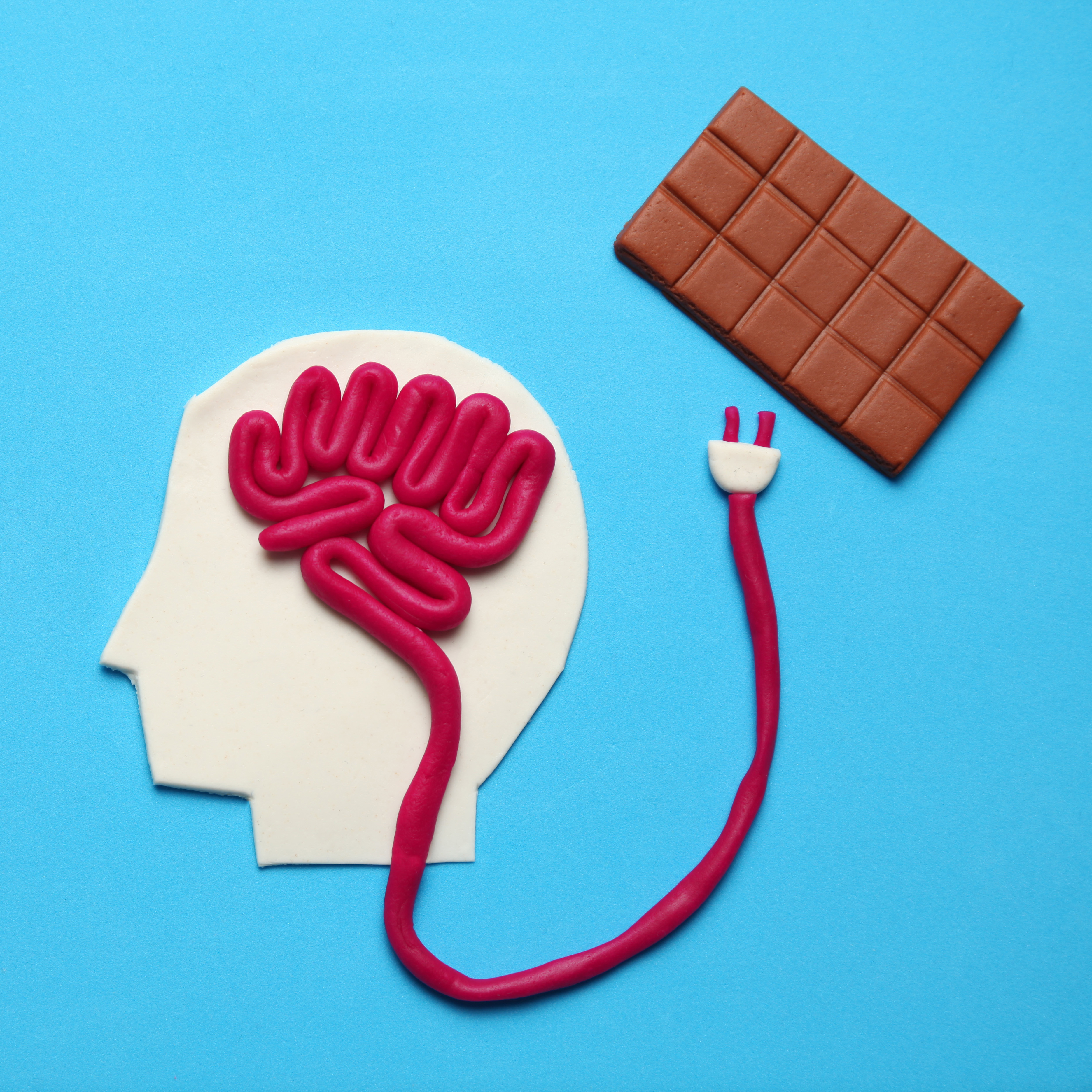UI research team uses chocolate to investigate what causes some people to overeat
 The taste perceptions that influence which foods we choose to eat and how much of those foods we consume may be significantly different in obese people, according to a new study by a University of Iowa research team.
The taste perceptions that influence which foods we choose to eat and how much of those foods we consume may be significantly different in obese people, according to a new study by a University of Iowa research team.
The study, published in the Journal of the Academy of Nutrition and Dietetics, found that when people were asked to eat pieces of chocolate and rate the taste of each piece on a scale from 0 to 10, people who were obese—having a body mass index (BMI) of 30 or higher—rated each piece higher than people who were overweight (BMI of 25 to 29) or normal weight (BMI lower than 25).
While previous studies of this kind have relied on studying participants who eat an entire meal or a large quantity of one particular type of food and reporting levels of satisfaction before and after consumption, the UI team borrowed the concept of diminishing marginal utility from economics in an attempt to gauge whether quantifying satisfaction from food in a more granular fashion can be helpful in explaining what drives a person’s decision to stop eating or continue eating.
“Diminishing marginal utility applies to any kind of consumption, not just food,” says Aaron C. Miller, PhD, assistant professor of epidemiology in the UI College of Public Health. “The more you consume something, the less you like it or the less pleasure you get from it. But that has never really been studied in food in the continuous time frame we used.”
Participants were asked to eat a sequence of uniformly sized pieces of chocolate until they chose to stop, and they were asked to rate the taste of each piece before continuing on to eat another. Among the 290 participants included in the results, taste perception ratings consistently decreased with each piece eaten, as expected.
Taste perception ratings and declines were nearly identical among nonobese (normal weight and overweight) participants. But the researchers found that the initial ratings given by obese participants were higher than the initial ratings given by nonobese participants, and the decline in taste perceptions was slower in obese participants.
For example, among women in the study, obese participants needed to eat 12.5 pieces of chocolate to reach the same level of diminished taste perception that nonobese women reached after eating 10 pieces, which resulted in consumption of 67.5 more calories for the obese women.
“If our findings are generalizable to other foods, they may help inform future interventions,” says the study’s corresponding author, Linnea Polgreen, PhD, associate professor of pharmacy practice and science in the UI College of Pharmacy. “Strategies aimed at reducing obesity may need to account for differences in the perceived taste. A strategy that works for normal weight or overweight individuals may be less effective for individuals with obesity if they derive more satisfaction from eating additional amounts of food.”
Possible future investigations along these lines could try to determine whether people are predisposed to certain levels of satisfaction that lead to obesity or if being obese is the cause of those levels of satisfaction.
“One interesting next step would be to look at people who have had gastric bypass surgery,” Polgreen says. “If people lose a lot of weight really quickly, does their taste for these things change? We could look at how they value food before their surgery and then later, when their weight has gone down.”
The research team also included Philip Polgreen, MD, professor of internal medicine in the UI Carver College of Medicine, and Elena Segre, MS.
